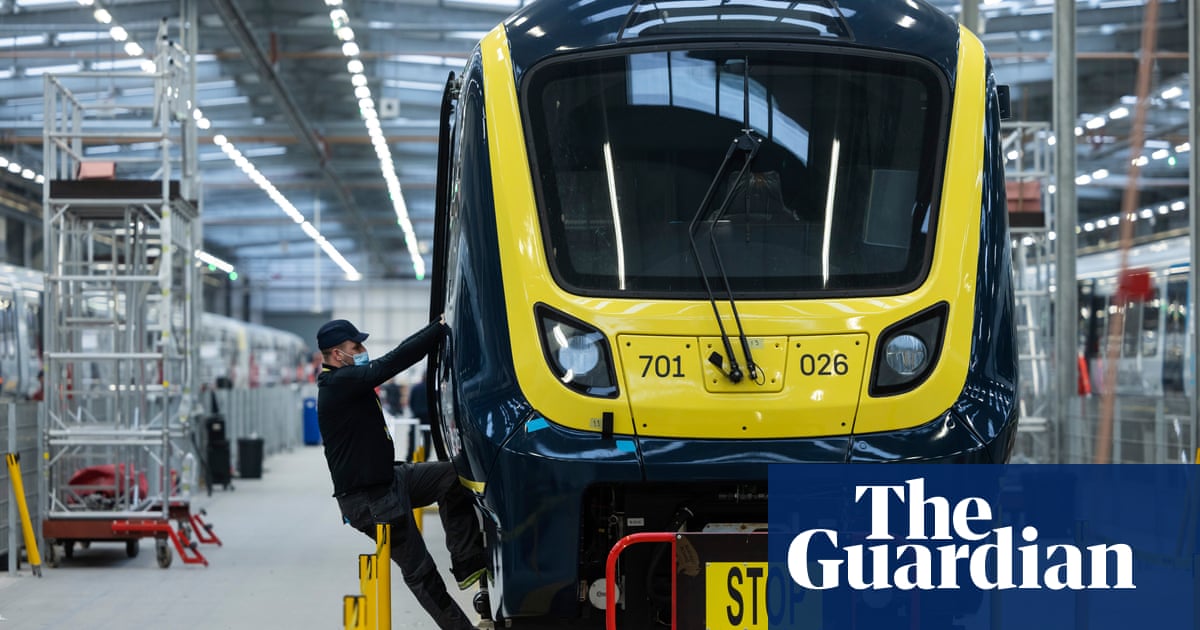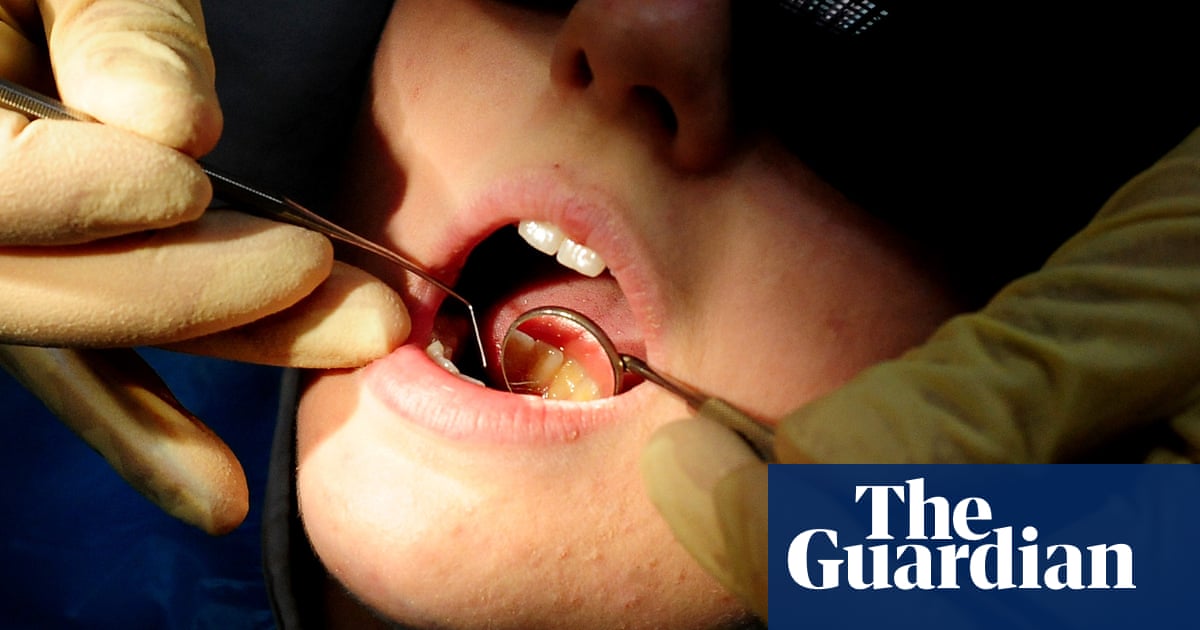
The first batch of medical ventilators that will be used to treat Covid-19 patients is due to roll off production lines this weekend, as fresh orders were announced that take the total number of devices in the pipeline to more than 61,000.
The government has said it needs at least 30,000 ventilators so that the NHS can cope with a peak of new cases expected to take hold in the next few weeks.
In the most detailed update on the effort yet, the Cabinet Office minister Michael Gove said some would reach the NHS next week, after an “awe-inspiring” effort from both British and foreign businesses.
In a bid to speed up the flow of 8,000 machines ordered from overseas, the chancellor also waived import duty on medical equipment, which will also include coronavirus testing kits and protective clothing, to improve the flow of supplies to healthcare workers.
The first ventilators to arrive, pending regulatory approval expected to be a formality, will be among 5,000 being adapted by Oxfordshire-based Penlon. The ventilator specialist is drawing on manufacturing support from firms including Formula 1 teams McLaren and Mercedes, Ford, Siemens and Meggitt.
The companies, part of the Ventilator Challenge UK consortium that also includes Airbus and Rolls-Royce, have said they can provide up to 15,000 ventilators in total, including 5,000 from a proven design made by Smiths Medical in Luton.
Since the beginning of the week, 20,000 entirely new prototypes, designed from scratch in a matter of weeks, have been added to the total number of machines destined for the NHS.
Sagentia, a subsidiary of the Cambridge-based Science Group, said on Tuesday it had designed and built a prototype ventilator, with government funding, that should be simple to produce because it does not require externally-source components.
It is sending 20 trial units to the Medicines and Healthcare products Regulatory Agency [MHRA]. If the regulator gives the green light, the government has agreed to buy 10,000 machines, which could be produced in weeks.
The defence group Babcock has also secured an order in principle for 10,000 ventilators, working with the German-owned medical equipment group Draeger. The machines also require regulatory approval.
The NHS already has 8,175 ventilators and engineer Dyson revealed last week that it had an order for 10,000 of a new machine called the CoVent, which also has yet to receive MHRA approval. The 8,000 machines that are being imported will not be subject to customs tariffs or import VAT under emergency measures announced on Tuesday by Chancellor Rishi Sunak.
Further orders are likely to be revealed in the coming days and the government confirmed that firms including Swedish-owned ventilator specialist Breas and Barnstaple-based Diamedica are involved.
“Throughout our history British manufacturing has always stepped up in times of national need,” said Gove, who is heading efforts involving the Department for Health and Social Care, the Cabinet Office and the business department.
“Ventilators are one of the most complex medical devices and the speed and scale that design and production is ramping up is awe-inspiring.
“We will do whatever it takes to ensure the NHS and social care sector has the support and equipment it needs to save lives.”
Fresh orders revealed his week take the total in the pipeline to 61,000, well above the 30,000 the government has said the NHS needs, with more expected to follow. One insider said over-ordering offered an “insurance policy” in case one or more projects failed.
But at least 30,000 of those are entirely new machines that were designed in around a fortnight and have never been used in hospitals.
In an attempt to speed up and reduce the costs of ventilators and other supplies coming from outside the EU, the government has also scrapped import duties on a list of vital medical items, shaving up to 12% off their cost.
The list of goods exempt from import taxes includes ventilators, Covid-19, testing kits, face masks, protective garments and eye protectors.
Sunak said: “Waiving import taxes on vital medical equipment such as ventilators will speed up and increase the supply of critical items going to our frontline health workers.
“Dealing with coronavirus is a collective national effort and I will do everything I can to help us win this battle.”












